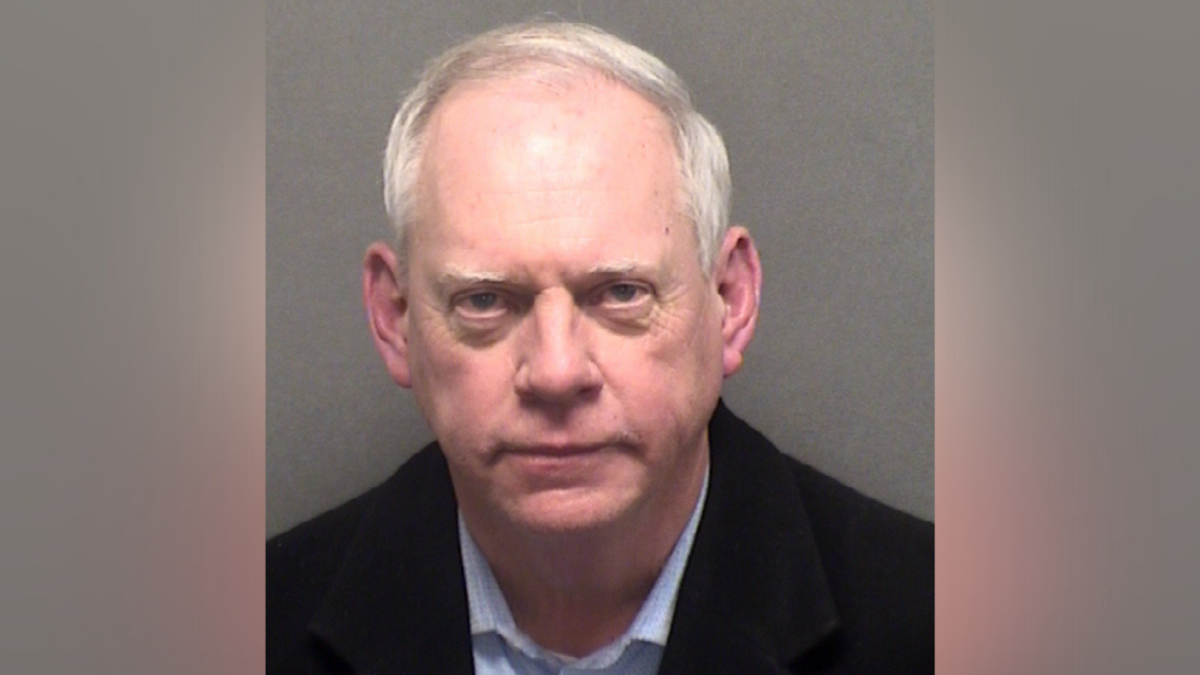
Longtime KSAT 12 sports anchor and director Greg Simmons was arrested Friday morning on suspicion of driving while intoxicated. He was reportedly coming home from a bar on San Antonio’s Northwest Side.
Simmons, 67, was stopped by a Bexar County Sheriff’s Office deputy after he was found driving around 20 mph and drifting between lanes, according to KSAT.
The anchor was pulled over on Evans Road after a deputy reportedly followed him for close to five minutes with his lights and siren on. Reports say that Simmons smelled of alcohol and struggled to maintain his balance while trying to walk.
The deputy reported that Simmons couldn’t recite the alphabet correctly and handed the officer his credit card instead of his driver’s license.
The deputy also requested a blood draw warrant since Simmons refused to take a breathalyzer test, KSAT reports. He was transported to the Bexar County jail, where a search warrant was processed and a nurse took a blood sample.
Court records show that Simmons was charged with DWI, a class B misdemeanor.
He was scheduled to be seen by a magistrate Friday morning and released on a personal recognizance bond of $1,000.
KSAT 12 Vice President and General Manager Ashley Parker said in a released statement: “KSAT 12 can confirm that one of our employees was arrested for suspicion of driving while intoxicated on January 27, 2023. In the meantime, we ask that you respect the privacy of all involved and refrain from speculation or conjecture. We will continue to monitor the situation and will provide updates as they become available.”
The sports anchor has worked at KSAT since 1980, according to the news station. He has no prior criminal history.
Under the Texas Penal Code, a Class B misdemeanor from DWI is punishable by up to six months in jail and a fine of up to $2,000. People convicted of DWI also can have their driver’s licenses suspended for up to a year and be ordered to perform community service and undergo treatment.
Prosecutors must be able to prove that the defendant was under the influence or had blood alcohol concentration (BAC) of 0.08 percent or higher at the time of driving. To do this, the prosecution will rely on the results of the breath or blood test.
If the defendant refused testing, the prosecution would have to prove he or she was under the influence with other evidence, including evidence of driving conduct and performance on field sobriety tests (FSTs).
